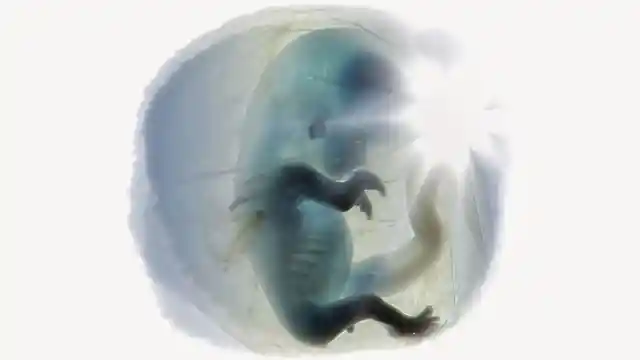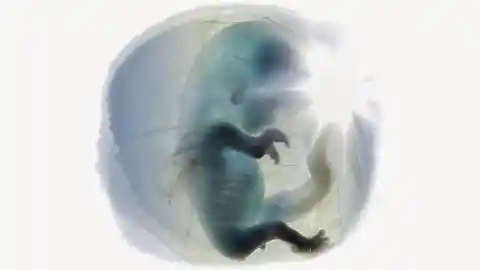

You’ve probably spent some time thinking about life after death, but have you ever thought about your consciousness before you were even born? Well, we’re about to go deep – really deep. Let’s examine the origin of consciousness from two perspectives: the biological or neurological and the quantum mechanical. Though these two perspectives offer a variety of different implications, both are interesting and may be valid. So, how did your consciousness develop? Let’s explore.
Perspective One: The Neurological. According to the neurological or biological perspective, you can only have consciousness when you have awareness, and you can only have awareness with at least a partially developed brain. You cannot experience anything before you are alive because there is no brain and there is no you.
The specific part of your brain that scientists believe control consciousness is the claustrum. The claustrum receives input from all regions of the cortex (the part of your brain that deals with higher-level functions), and the claustrum can also project output to all areas of the cortex. Experiments have been done that show when the claustrum is stimulated (i.e. messed with), patients lose awareness. This means that your claustrum may be the source of your awareness, and it may potentially be the source of your consciousness. Following this idea, you don’t have consciousness until you have your claustrum.
Perspective Two: The Quantum Mechanical. According to Dr. David Hamilton, the theory of quantum entanglement may explain the origin of consciousness. Imagine that there are two electrons created together and at the same time. These two electrons are thus entangled. That means that even if you were to put these two electrons on opposite sides of the universe, if you stimulate one, the other will be stimulated at exactly the same time. Because everything was created at the same time in the Big Bang, everything is, therefore, entangled.
So what does this mean for consciousness, exactly? According to Hamilton, it means we may have an eternal consciousness – one that lasts forever and goes on forever. If we are all truly entangled, then the separate objects we observe in space are an illusion, and our separate consciousnesses are an illusion as well. Following the Pauli Exclusion Principle, no one person can be thinking the same thing at exactly the same time, which supports the theory of an eternal and universal consciousness. So – you may have been experiencing the universe your whole life, just like the universe may have been experiencing you for its whole life. Cool, isn’t it?